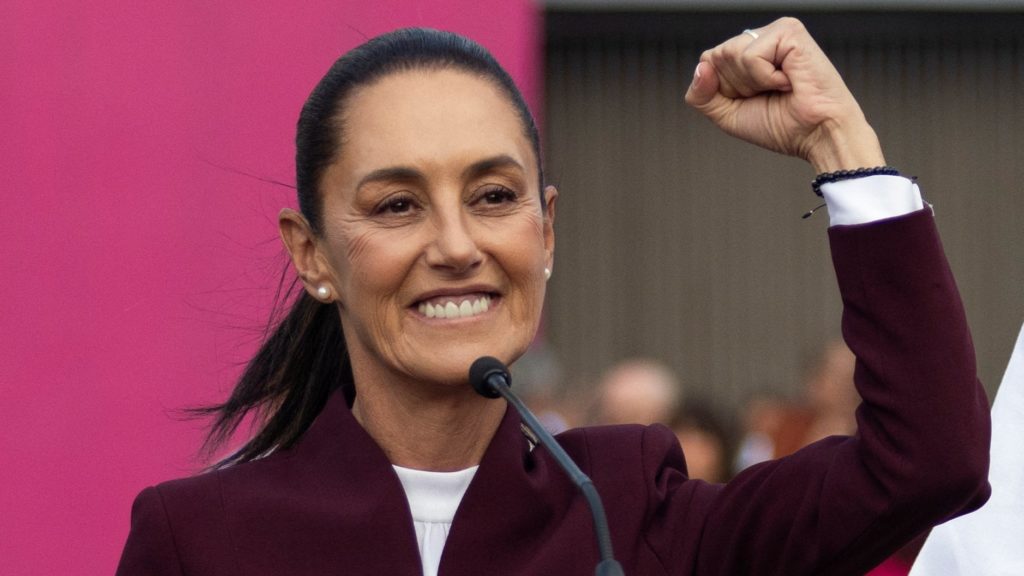Upcoming elections in Mexico, scheduled to take place on June 2, will not be voted on by many residents of Chiapas, the southernmost Mexican state, according to a local bishop.
The dispute for territories between great drug cartels in the region has kept many civilians from leaving their homes. For Bishop Rodrigo Aguilar of San Cristóbal de las Casas, this will prevent people from voting.
“We think that in some regions of the state, which have been impacted by violence, displacement, or are under control of the drug criminals, there are no conditions for the promotion of the elections,” Aguilar said in a video released by the diocese last week.
In his message, he describes the increasingly chaotic scenario in Chiapas, in which many communities have been suffering with extortion, kidnappings, and killings perpetrated by armed gangs, and exhorts the people to vote for candidates who have a platform to transform communities.
“I have been living here over the past six years and for me the current unsafety is unprecedented,” Aguilar told Crux.
His intention was to invite as many people as possible to leave their homes on Jun. 2 and vote, “but many communities said that the situation is impossible for them.”
“Many people fear that the authorities will fail to keep the necessary security on the voting day,” Aguilar added.
According to sociologist Carlos Ogaz, a member of the Friar Bartolomé de las Casas Human Rights Center (Frayba), the current wave of violence began in 2021, when cartels began a war for territory in Chiapas.
“That dispute has been greatly impacting civilians since then, with serious human rights violations,” Ogaz said.
It all became worse when such groups got involved in mining endeavors, Aguilar explained.
“That’s a very important geo-strategic region. Major governmental development programs focus on Chiapas,” Ogaz added.
At least 15 licenses for mineral exploitation have been issued by the authorities in that zone over the past years, he said. Drug cartels have control over several of them. Their major interest is to produce zinc, baryta, and copper.
One of these projects, located in the town of Nueva Morelia, was the site of a May 12 massacre that resulted in 11 deaths. According to Aguilar, the victims were peasants of Indigenous origin who were resisting the growing power of the gangs.
“There were two catechists and a permanent deacon in that group of victims. It was a terrible shock for all Catholic communities in the region,” Aguilar said.
The Diocese of San Cristóbal released a new statement on May 17 denouncing the killings and asked for justice.
“Those women and men refused to leave their homes despite violence, threats, and harassment from the criminal groups,” the statement read, adding that their resistance against all signals of death that harm life and human dignity, “the same peaceful resistance that led Jesus to die in the cross”, led those brothers and sisters to die for their people.
The message also recalled two other deaths in Nueva Morelia occurred in January and the several crimes perpetrated against the people of Chiapas over the past few years, demanding action from the State in order to normalize the situation in the region.
A report released by Frayba and other organizations earlier this year demonstrated that at least 10,000 residents of Chiapas had to leave their homes over the past few years due to the violence of the cartels.
The diocese’s document asks the authorities to ensure that all peasants and Indigenous communities can freely go back to their houses.
The full participation of Chiapas’s inhabitants in the upcoming elections would be an important step towards the empowerment of the communities under threat. But the criminal organizations operating in the area apparently decided not to allow such a thing to happen, Aguilar said.
“Last week, a candidate was killed in a local town. That was a sign that they didn’t want her to run for office,” the bishop said.
The government has enough strength to negotiate a ceasefire with the cartels and ensure the elections will take place, Ogaz said.
“But the Armed Forces are accused by the population, for instance, of working side by side with the gangs,” he said.
That’s why, in his opinion, “there are no conditions at this point to promote elections in Chiapas.”
“We’re facing a disastrous situation. Political violence is now in its peak,” Ogaz told Crux.

